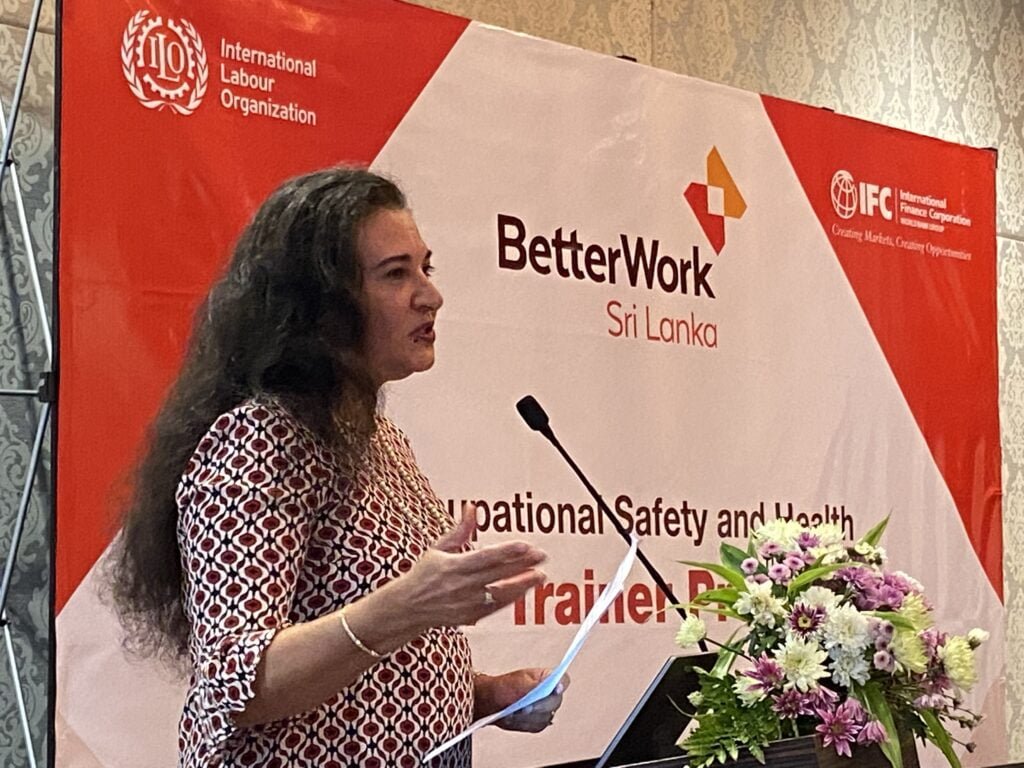- Better Work aims at strengthening resilience of the industry
- An opportunity to partner with local and international stakeholders
The apex body of the apparel industry, the Joint Apparel Association Forum (JAAF) pledged absolute support to the ILO’s Better Work initiative demonstrating the industry’s deep commitment to prioritising people and their well-being. The ILO recently launched Better Work (BW) with the objective of strengthening the resilience of industry using Better Work’s extensive experience, tools and partnerships exemplifying a human-centered recovery and growth. Recognizing that the apparel sector in Sri Lanka starts from a relatively high bar, the BW programme for Sri Lanka is not a roll out of the programme done in other countries but is bespoke to Sri Lanka allowing companies to build on the work already done in this area

One of the industries in focus in Better Work, is the apparel industry, Sri Lanka’s largest exporter employing nearly one million both directly and indirectly across 350 manufacturing plants island wide. Better Work concentrates on occupational safety and health, gender diversity and inclusion including leadership skills training and career development for women workers, empowering Small and Medium Enterprises (SMEs) with leadership and financial literacy training and an SME factory improvement toolkit.
The apparel industry’s internationally acclaimed trust and reputation is anchored in the unique niche of prioritising ethical labour practices and JAAF believes strongly that Better Work is an opportunity to partner with local and international stakeholders to strengthen the commitment of ensuring decent work environments built on gender equality, safety, health, inclusion and holistic empowerment.
Speaking at the formal launch of the event, Minister of Labour and Foreign Employment, Manusha Nanayakkara extended government support to the initiative stating, “The program is a significant step in promoting better OSH practices and standards so that the already high standards of the apparel sector could be further elevated. This will in return sent a strong message to the key stakeholders of the industry ecosystem about our commitment to the apparel industry”.
With the onset of the pandemic and the subsequent economic crisis, the apparel industry implemented an expansive range of initiatives to ensure that the welfare of workers and their families were a top priority. These included providing additional meals for employees to take home in order to feed their families, distribution of dry rations, and provision of schoolbooks for children, free medical facilities and transport and customized food packages for expectant women. These initiatives were extended to those in the SME sector as well.
The industry encourages plants to implement welfare measures to best suit the requirements of their workers since as early as June of 2022. Approximately 80% of apparel manufacturers made cost-of-living adjustments to salaries over and above their annual increments. In some instances, these represent a 25% increase from 2021.